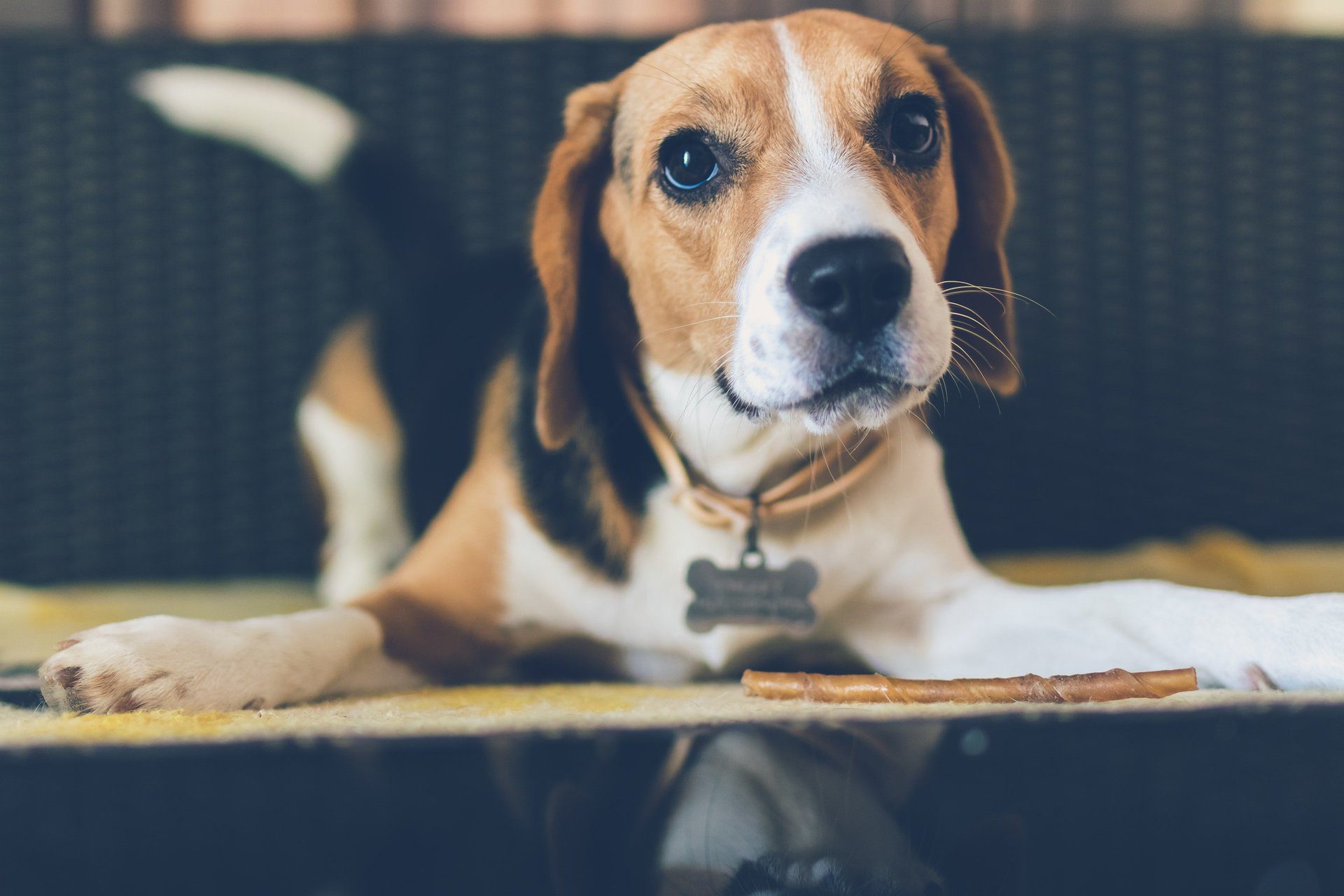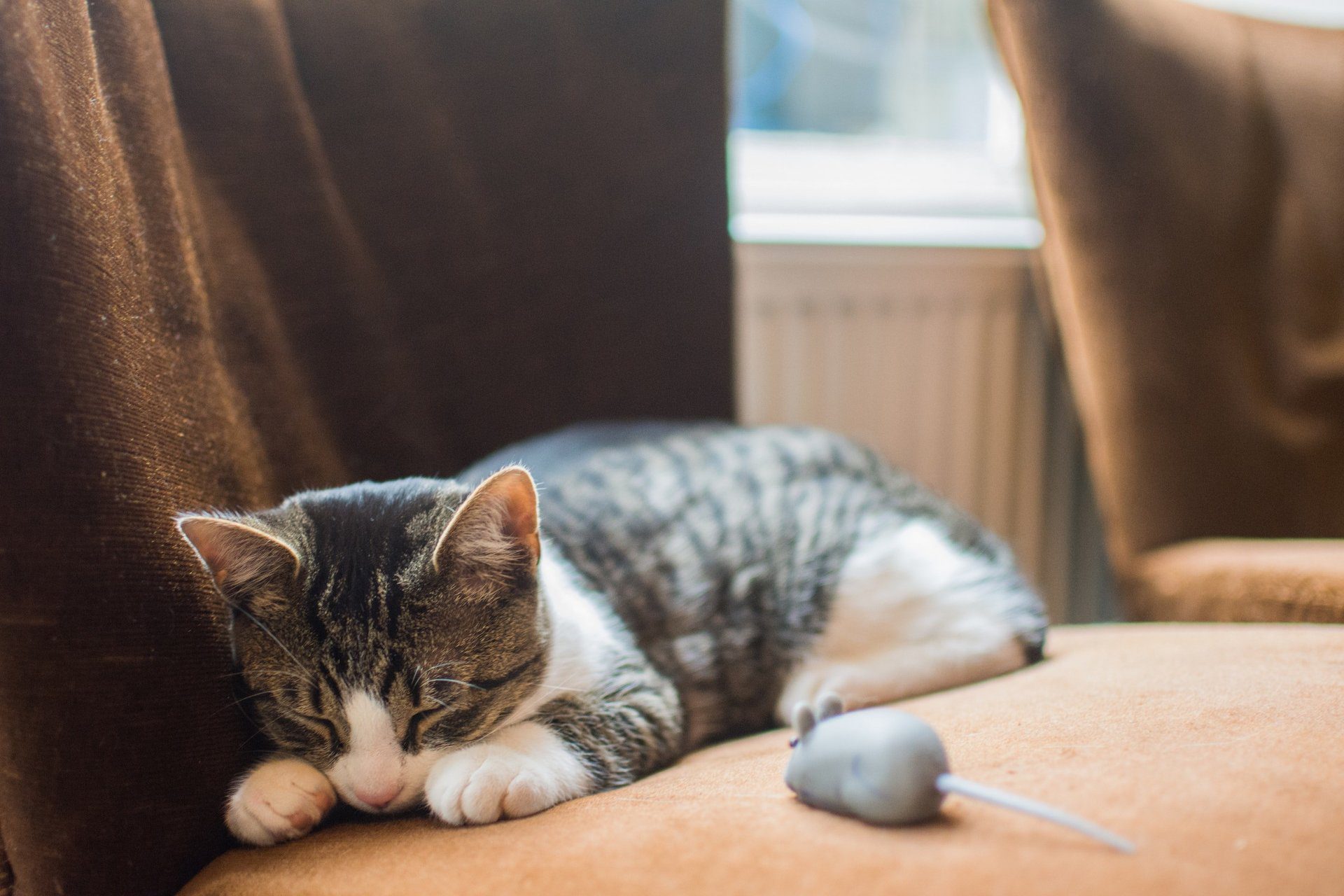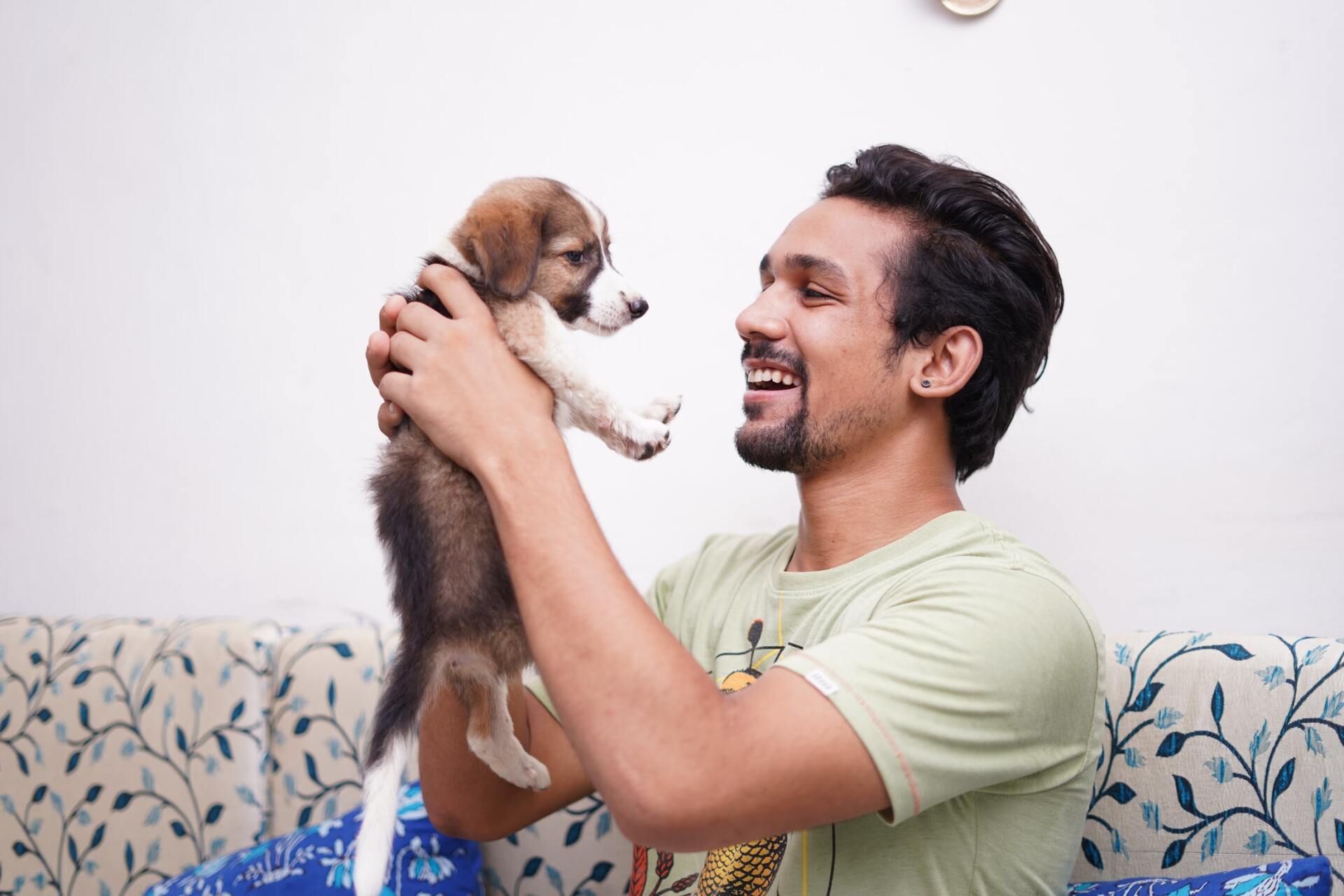Why It’s So Important to Spay or Neuter Your Pet
Everyone’s pet is unique in its own way. Thus, numerous factors determine how Fido and Fluffy are cared for, including their age, size, breed, and overall health. Regardless of our varying perspectives on the best ways to teach and feed pets, veterinarians strongly advocate for spaying and neutering cats and dogs. This article, written by your Hyattsville, MD veterinarian, shows why the benefits outweigh any drawbacks.
You Can Help Address Pet Overpopulation
Spaying and neutering pets significantly minimizes the likelihood of unplanned litters. Having too many pets in the world can lead to cases of animal abuse, neglect, or hoarding. Every year, a massive number of cats and dogs suffer. The fate of millions more is dependent on our decisions to fix the problem.
Homeless animals have various challenges, including a lack of shelter, inclement weather, parasites, wounds, and illnesses.
Puppies and kittens are generally beloved. However, simply finding a home for your pet’s litter does not guarantee success for future generations. Sterilization is required and the most responsible solution due to the global overpopulation of stray animals.
You’ll be amazed at how much your pet can influence things. In only nine years, two cats may generate 2,072,514 kittens. As a close second, Fido is capable of producing an average of 6 to 10 puppies for each litter, which can result in as many as 67,000 puppies in just 6 years.
Healthier Pets
We can’t ignore the obvious medical benefits of spaying and neutering. Following such a routine medical procedure, pets will be substantially less likely to develop genital cancer, as well as prostate, breast, ovarian, and uterine cancers. Spaying or neutering your pet can even result in fewer urinary tract infections (UTIs): talk about a bonus. Avoiding these potentially recurring problems altogether is easier and less expensive than correcting them after they develop. Your Hyattsville, MD vet can provide you with additional details should you have further concerns.
No More Free-Roaming
If you do not maintain a vigilant eye on your pet while they are still intact, they are more likely to become lost, hurt, or even killed. Vehicles, bad weather, wild animals, toxins, parasites, diseases, and a variety of other unfortunate scenarios frequently threaten loose animals.
Getting your pet fixed will prevent them from feeling the need to look for a partner. Fido and Fluffy’s incessant attempts to leave the house whenever the door is opened will finally come to a stop. Mating instincts are undeniably one of the most prominent reasons for pets to leave.
Longevity is Within Reach
As you may expect, altering your pet extends their longevity. It becomes increasingly logical the more you consider it. Pregnancy and giving birth involve various dangers. Dogs are especially vulnerable to these difficulties because of the large range of sizes among different breeds. For example, inadvertent impregnation of a small female by a large male can result in catastrophic challenges — including the death of the puppies, the mother, or both.
Sterilizing pets helps to protect their safety by lowering the number of injuries that are caused by straying animals. Male cats and dogs who have not been altered are more inclined to fight on the street if not supervised. If the struggle or wounds are not immediately recognized, they might cause serious health concerns and, in extreme circumstances, lead to death.
Calm Behavior is Possible
Because of the changes that have been made, the mental health of your pet will improve. Reducing hormonal impulses may have unexpectedly favorable outcomes. The occurrence of disruptive activities including digging, chewing, and escaping may decrease. Dogs and cats who have been sterilized are typically more relaxed than their intact counterparts since they do not have the hormonal compulsion to constantly reproduce.
After recovering from the operation, it is reasonable to anticipate that Fido and Fluffy will spend more time snuggling with you. After they have finally given up looking for companions, they will give their complete commitment to you. You are, after all, the focal point of their entire existence.
No More Spraying
On the basis of this information alone, scheduling the procedure might be sufficient for everyone. Pets commonly spray to mark their territory. In most cases, after surgery, pets no longer feel the need to do this because their hormone reaction has been completely wiped out. The vast majority of pets will quit spraying following surgery, despite the fact that some older animals may continue to spray because it has become a habitual behavior.
No More Yowling
This advantage is important, but we cannot overstate it. We extend our most sincere condolences to each and every individual who has ever been forced to listen to their feline hollering. Fluffy enjoys attracting attention to the fact that she is currently single and, unfortunately, this ballad does not resemble music in any capacity. Some cats clearly enjoy their yowls, but the bulk of us are grateful we will never have to hear the screams of cats in heat ever again.
Frequently Asked:
What Does the Recovery Time Look Like?
Minor surgery usually requires 3–5 days of recovery for pets. But generally, it takes 10–14 days for the body to heal completely. It is vital that your pet relaxes while recuperating. Unless your veterinarian has given explicit permission, do not encourage your pet to run, jump, or play too much during recovery.
What Do I Need to Do to Help them Recuperate?
Should you require any additional information regarding what to do following the surgery appointment, please get in touch with your regular animal hospital. In most cases, they will be able to supply you with a booklet or a single-sheet printout that contains all of their suggestions and recommendations. Carefully read the instructions before following them. To ensure a complete recovery, your pet’s treatment plan may include pain medication and dietary changes.
Aside from that, all your pet requires is a comfortable, clean place to sleep. Purchasing a new dog bed now is a wise decision as it may be necessary to make them comfortable while limiting how much they can move. A puppy play enclosure, kennel, wire crate, or even a carrier might be necessary to limit their activity while they recover.
How Do I Know They Are Healing Appropriately?
Your top priority should be to stay alert and allow your pet some downtime. You should closely monitor them to ensure that they do not rip out any stitches. To prevent them from damaging their stitches, your veterinarian will always recommend an Elizabethan collar (also known as a lampshade, e-collar, or cone of shame) or an inflatable ring collar.
Attention should be paid very carefully to the region where the incision was made. Be on the lookout for redness, swelling, unpleasant odors, heat, bleeding, pus, or any other changes that could indicate an issue. Shivering, nausea, vomiting, diarrhea, and difficulty breathing are all other signs that you need to revisit your veterinarian. A certain amount of drowsiness and weariness are typical responses to surgical procedures; however, excessive lethargy necessitates immediate intervention from a veterinarian. If they’re exhausted when they come to your house, don’t worry; they shouldn’t be lethargic beyond the first day. If you see anything out of the norm, please notify your clinic.
What Cost Am I Looking At?
The prices may vary depending on the location. There are a number of factors that have the potential to influence the rates, some of which include size, age, and health. As opposed to coping with health problems that could have been prevented or the costs associated with caring for a litter, this approach is consistently more cost-effective.
Is your pet still intact? Give us a call at Brentwood Animal Hospital in Hyattsville, MD today and we can get Fido or Fluffy scheduled for their surgery.



